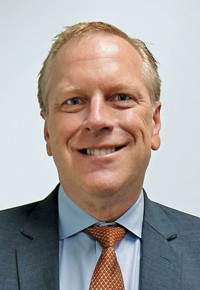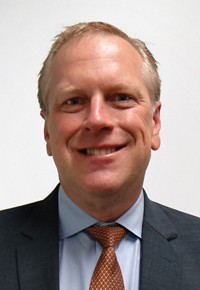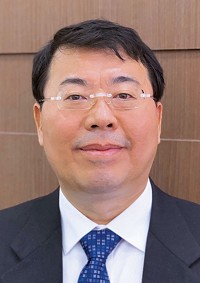Advertisement
Grab your lab coat. Let's get started
Welcome!
Welcome!
Create an account below to get 6 C&EN articles per month, receive newsletters and more - all free.
It seems this is your first time logging in online. Please enter the following information to continue.
As an ACS member you automatically get access to this site. All we need is few more details to create your reading experience.
Not you? Sign in with a different account.
Not you? Sign in with a different account.
ERROR 1
ERROR 1
ERROR 2
ERROR 2
ERROR 2
ERROR 2
ERROR 2
Password and Confirm password must match.
If you have an ACS member number, please enter it here so we can link this account to your membership. (optional)
ERROR 2
ACS values your privacy. By submitting your information, you are gaining access to C&EN and subscribing to our weekly newsletter. We use the information you provide to make your reading experience better, and we will never sell your data to third party members.
Environment
New Editor For Environmental Science & Technology And Environmental Science & Technology Letters
Publishing: David L. Sedlak succeeds Jerald L. Schnoor
by Susan J. Ainsworth
November 7, 2014
The next editor-in-chief of the American Chemical Society journals Environmental Science & Technology (ES&T) and Environmental Science & Technology Letters (ES&T Letters) will be David L. Sedlak, codirector of the Berkeley Water Center at the University of California, Berkeley, and deputy director of the National Science Foundation’s Engineering Research Center for Re-inventing the Nation’s Urban Water Infrastructure (ReNUWIt).
Sedlak will succeed Jerald L. Schnoor, professor of civil and environmental engineering and occupational and environmental health at the University of Iowa, Iowa City. Serving as editor of ES&T since 2003 and ES&T Letters since its inception in 2013, Schnoor will retire from these posts at the end of 2014.
ES&T covers research in a wide range of environmental disciplines; ES&T Letters provides an avenue for articles of a more urgent nature by publishing only letters and brief reviews.
“My vision for the journal is to lead our community and become the authoritative voice for advancing solutions to the environmental challenges facing society,” says Sedlak, who has been an associate editor for ES&T since 2009.
“Dr. Sedlak’s leadership on water issues, his editorial experience, and his ability to engage leaders across environmental science will strengthen ES&T and ES&T Letters as they continue to broaden the communities surrounding the journals and communicate critical results to policy makers and the public,” says Susan King, senior vice president of the Journals Publishing Group at ACS, which publishes C&EN.
Sedlak’s research focuses on the fate of chemical contaminants, with the long-term goal of developing cost-effective, safe, and sustainable systems to manage water resources. He earned a B.S. in environmental science from Cornell University and a Ph.D. in water chemistry from the University of Wisconsin, Madison.






Join the conversation
Contact the reporter
Submit a Letter to the Editor for publication
Engage with us on Twitter